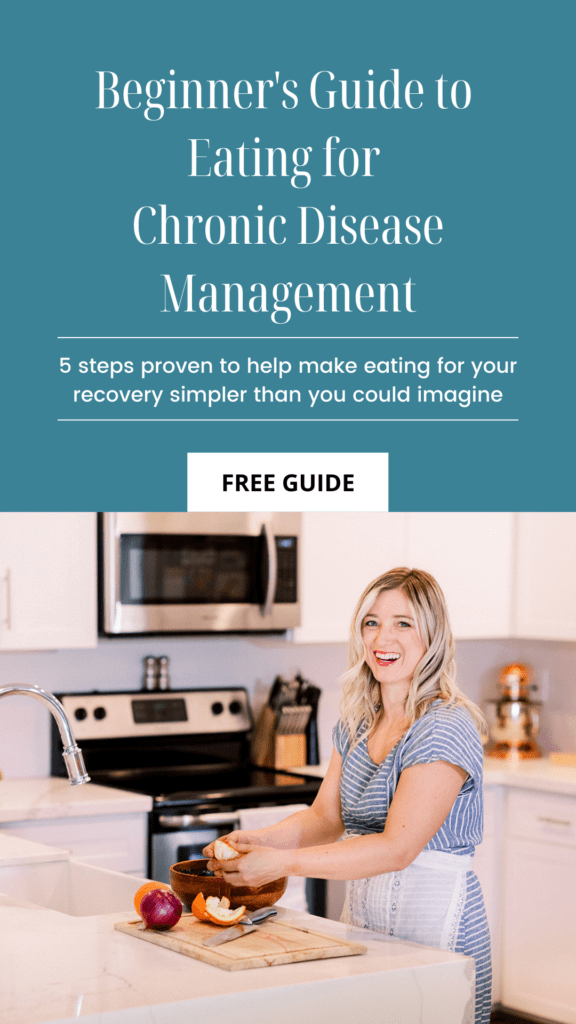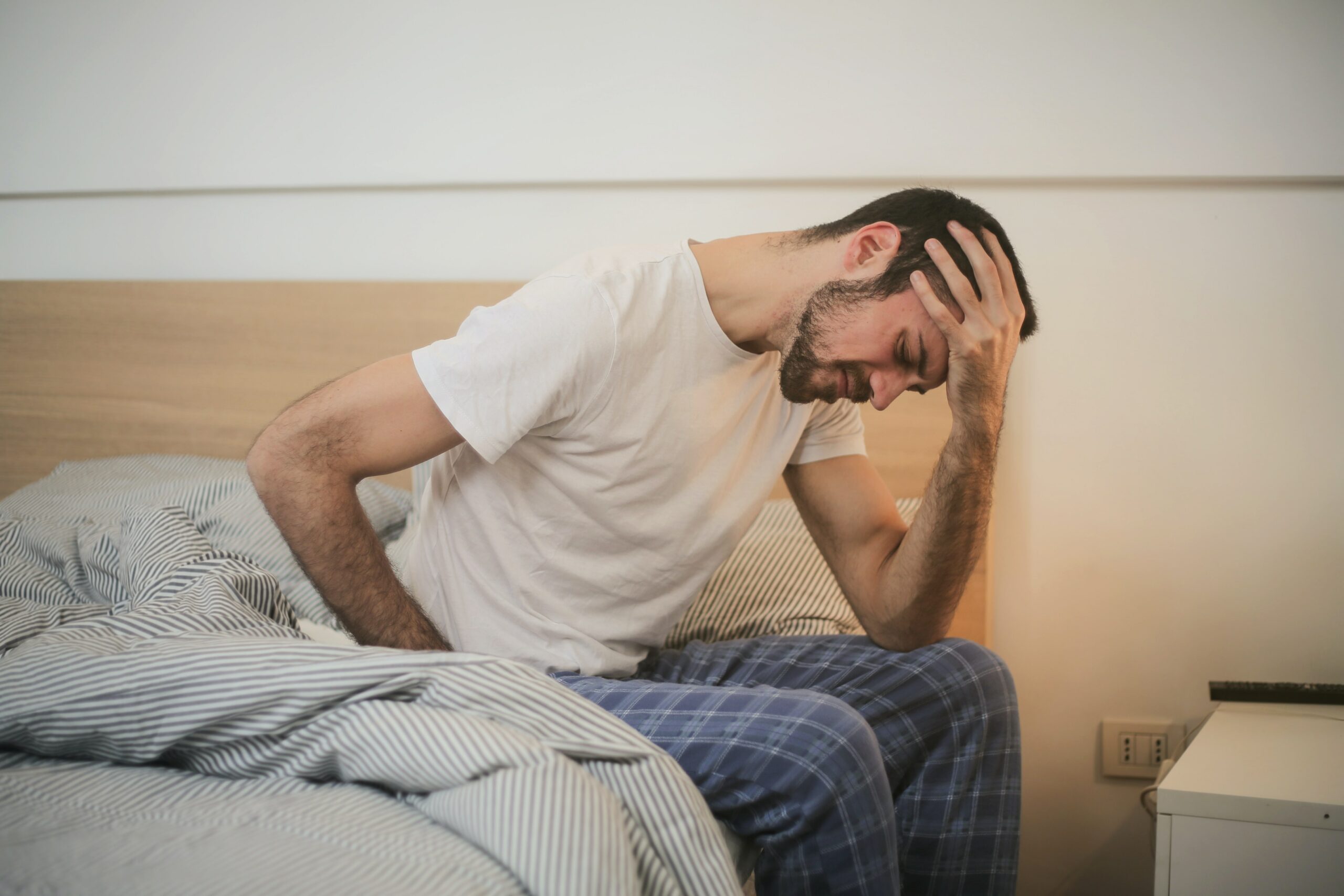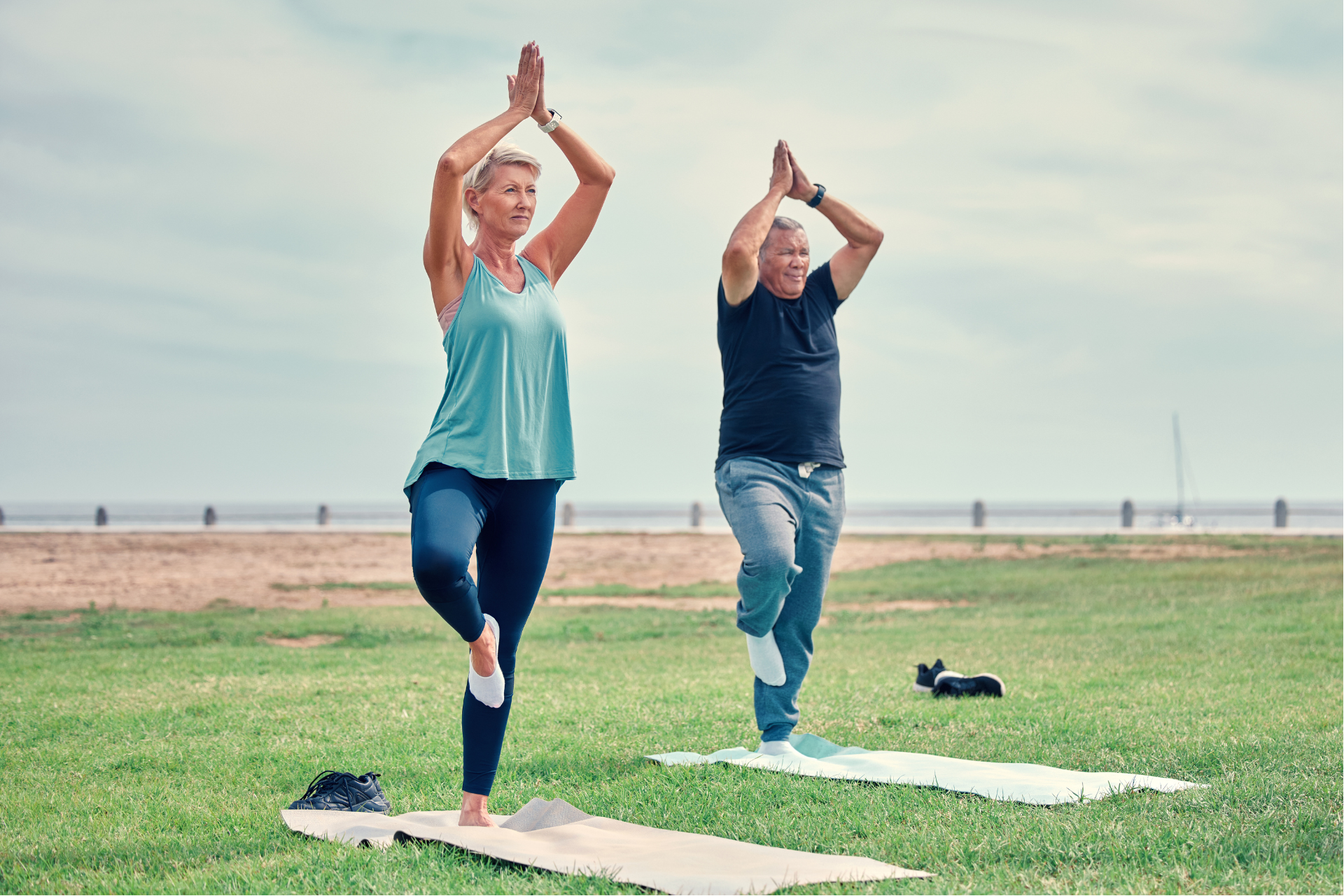Personal trainers and weight loss specialists love food tracking. Knowing what you’re eating and how much of what you’re eating can be helpful for sure.
However, what if it was doing more harm than good? What if it was setting you up for short-term success but long-term failure? What if it’s leading you down the path of disordered eating that could require years of therapy to work through?
As a health coach for the past 10 years, and a former chronic dieter and overexerciser before that, I have a pretty strong opinion on the role food tracking plays. I’m not completely against it but I do believe it’s a health tool that is often used incorrectly and doing more harm than good. When you understand all of the facets of weight loss and weight gain, and what it takes to not only reach a healthy weight but maintain it once you get there, I think you’ll see where I’m coming from.
MY STORY
I’m a recovering former chronic dieter. In my teens and early 20’s all I wanted was to be thin. I tracked all of my calories, overexercised and it was only a good day if I had enough willpower to eat the insanely low amount of calories I was told to eat to lose weight. I would be really good about tracking everything for a while, and then always eventually stop tracking because I wanted to just live life without worry.
It was miserable. I hated my body. I had an unhealthy relationship with food. Even with meeting way too low of calories to build and maintain muscle, if I didn’t lose what my trainer thought I should I would get talked to about my diet and ways to eat even less…even though I was already starving. When I realized that this was an awful way to live, I then started my quest for just how to be healthy.
All of this being said, I don’t think it’s evil or unnecessary. As with everything, it has its place when used correctly.
WHY CALORIE TRACKING/FOOD TRACKING DOESN’T HELP
Food tracking is not an exact science for 99% of us.
Most people underestimate how much they eat and overestimate how much physical activity they do in a day. Unless you are weighing literally everything you’re consuming, it’s really just a guesstimate. A guesstimate isn’t a bad thing….if you’re looking at it through the right lens. But so often, that isn’t the case.
Most trackers do not track nutrient intake and people think they are eating healthy because what they are eating fits in a certain number, but in reality, they are consuming very little nutrients and it’s harming their health.
I know this because I see the food journals and people think that slim bars, sugar free drinks, and whole wheat pasta with very few vegetables, fruits, or healthy fats is a healthy way of eating. So yes, they are keeping their calories low but they are starving their bodies of the fuel it needs to run effectively and keep them healthy.
It’s easy to become obsessed and tie your value or self-worth to the number that comes up at the end of the day.
The very first trainer I hired told me at my height, to lose the weight I wanted to lose, I could only consume 1200 calories per day and needed to work out an hour a day 4-5 days a week. You guys…I was starving 24/7. I would nibble on my meals and draw them out so that I would keep the hunger to a minimum, but I was never not hungry. When I would finally give in and eat, I felt like I was sabotaging my weight loss and would be so angry at my lack of willpower. Did I lose weight? For sure. But when that trainer moved on and I hired a new one who told me I should be eating 1700-1900 calories per day to be able to maintain my muscle mass and not harm my thyroid I actually lost more weight and did gain more muscle and it was easy to do so I wasn’t hating myself every day.
It can easily lead to disordered eating.
I cannot tell you how many people I’ve worked with who are terrified of food. Terrified of eating the “wrong” thing, even it’s healthy, they’re terrified it’s going to hurt them in some way. Sometimes it’s so severe that I have to ask them to hire an therapist who specializes in disordered eating because that’s beyond my skillset. It’s heartbreaking and it’s happens way too often.
WHAT DOES IMPACT WEIGHT LOSS?
When it comes to weight loss, the quantity of calories being consumed doesn’t matter AS MUCH as the quality of calories being consumed. And the reality is, calories don’t play nearly as big of a role as your stress level, quality of sleep, hormones, relationships, inflammation, or daily movement plays. Calories are not a magic weight loss or weight gain bullet. I mean, it would be nice if it was that simple but it just isn’t. I dive deeper into this in episode 13 so if you want to know more, definitely check out that episode.
Calories, and what we eat, DO play a role in our health though. Obviously. So…let’s talk about when food tracking can be helpful.
HOW TO USE FOOD TRACKING CORRECTLY
Check your starting point.
What are we honestly eating right now? Where are there some major deficiencies that need to be addressed either in the macro ratios or in micronutrients?
If you’re gaining weight or losing too much weight and eating what you think is healthy, it’s a great way to check in.
I did this when my health was crashing last year and I was gaining a pound-ish a week for 3 months before being diagnosed with stage 3 adrenal fatigue. I logged my food for about a week to see if I was eating any different than I had been for the past 8 years and I hadn’t been. That’s when I knew it was time to get some testing done to see what was actually going on.
As your diet is changing, as a guiding tool.
Am I getting at least 100g of protein per day? Am I getting a significant amount of nutrients from my food? Am I overeating carbs and not realizing it? Am I getting enough calories? When we change the way we eat, sometimes we can undereat out of habit. It’s a great way to make sure you’re getting what you need to function optimally. I found that I was eating way less protein than I thought I was when I did a check-in. So I tracked a few more days and played around with my meals until I found a way to consistently consume what I needed to be consuming. I didn’t obsess though, I observed and made changes. Once I figured it out, I stopped tracking.
For most of us, especially when we want to lose weight, the thought of not tracking can cause fear. ‘If I don’t know what’s coming in, how will I lose weight?” “My trainer told me it’s the only way to lose weight.” “I have to hit certain macros or the scale will never move!” Etc I get it. I’ve been there too. I am a former chronic dieter and over exerciser.
I cannot express how freeing it was to focus on health over weight loss. I did lose weight and I was able to maintain it for years. I’m currently losing the weight I gained last year when my adrenals crashed. I’m not tracking everything that comes into my mouth because I know how to eat. I also am making sure I’m moving my body throughout the day, making sleep a priority, helping my nervous system stay out of fight or flight mode, and making sure I’m not consuming a bunch of junk and alcohol on any kind of regular basis.
Food tracking can absolutely be beneficial when it’s used correctly and detrimental, mostly to your mental health, when it’s used incorrectly. What nutrients you bring in are so much more important than the calories that come in. When you eat the correct balance of macronutrients while ensuring you’re getting your micronutrients, your health skyrockets and it becomes much easier to reach and maintain a healthy weight.








